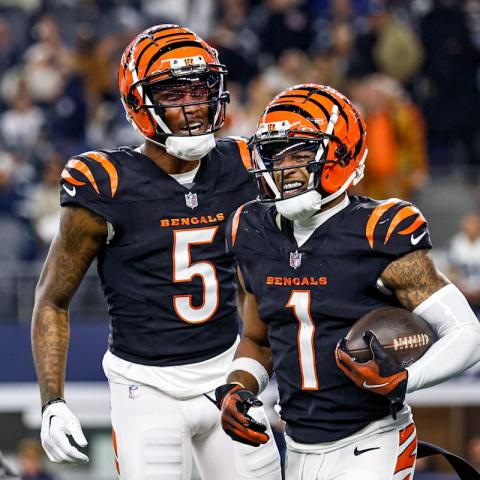The recent spring football game at the University of Tennessee was meant to showcase the team and its star quarterback, Nico Iamaleava. Fresh off a College Football Playoff appearance, expectations were high. But things took a surprising turn. Reports surfaced that Iamaleava was trying to double his name, image, and likeness (NIL) payments from about $2 million to $4 million. Following this, Iamaleava didn’t show up for practice, leading Coach Josh Heupel to declare the relationship over, stating, “No one is bigger than the ‘Power T.’”
Soon after, Iamaleava posted a photo in a UCLA uniform, announcing his transfer. He expressed that leaving Tennessee was a tough decision but felt guided in this new direction. However, ESPN indicated that UCLA’s offer came nowhere near his $4 million target.
Experts view this situation as a sign of broader changes in college athletics. Gabe Feldman, director of Tulane’s sports law program, notes, “We are in a state of flux in college athletics. Even if settlements come through, we’re only at the start of significant change.”
The landscape began to shift markedly in 2021 when the U.S. Supreme Court ruled the NCAA had violated antitrust laws. That decision allowed athletes to benefit financially from their NIL for the first time. Iamaleava was an early beneficiary, securing a reported $8 million deal while still in high school.
The controversy surrounding Iamaleava illustrates a growing trend in college sports: the blurred line between amateurism and professional dynamics. Darren Heitner, a sports attorney, points out that the focus has shifted from helping athletes monetize their brand to operating more like a “pay-for-play” system.
What’s more, the rules governing college sports are less stringent than those in professional leagues. Unlike the NBA and NFL, where player agents are regulated, the NCAA lacks oversight, leaving athletes vulnerable to poor representation.
This shift could become even more pronounced with potential new regulations. A settlement from a lawsuit led by former swimmer Grant House may soon allow schools to share up to $20 million in revenue with athletes, impacting how players negotiate.
The standoff between Iamaleava and Tennessee isn’t just a local incident; it highlights significant challenges facing college sports today. Many feel we’re on the brink of a major transformation that could redefine the landscape of college athletics. As Feldman explained, “Significant changes were coming to college athletics, and now we face a new era with uncertain outcomes.” With the evolution of NIL and athlete rights, the future of college sports remains an intriguing topic.
Source link






















